Safeguarding Your Pets’ Health: Vaccinations and Preventive Measures in Westerville, Ohio
Understanding the Basics of Pet Vaccinations
What Are Pet Vaccines and Why Are They Crucial?
Pet vaccines are biological preparations that provide immunity to specific diseases affecting animals. They contain antigens that mimic disease-causing organisms in a pet’s immune system but do not cause disease. When administered, they stimulate the immune system to recognize and combat these antigens in the future.
Vaccines introduce a harmless component of a pathogen, prompting the immune system to develop memory cells. These cells enable a rapid and efficient defense if the real pathogen invades later. This process is vital in preventing outbreaks of diseases that can have severe health implications for pets and, in some cases, humans.
Vaccinations are essential for extending your pet’s life and preventing potentially fatal diseases. For instance, diseases like parvovirus can cause severe gastrointestinal distress, leading to dehydration and even death if not treated promptly. By vaccinating your pets, you’re giving them the best chance at a long, healthy life free from preventable diseases. Read more about pet vaccinations on the AVMA website.
Core vs. Non-Core Vaccines for Pets
Core vaccines are recommended for all pets, regardless of their geographical location or lifestyle. Examples include rabies, distemper, parvovirus, and adenovirus. Non-core vaccines, such as Bordetella and leptospirosis, are administered based on a pet’s exposure risk, which varies depending on where they live and their overall lifestyle.
Veterinarians consider several factors when recommending non-core vaccines, including the pet’s environment, interaction with other animals, travel frequency, and local disease prevalence. For instance, if you frequently take your dog hiking in wooded areas, your veterinarian might recommend a Lyme disease vaccine due to the increased exposure risk to ticks.
It’s crucial to discuss your pet’s specific needs with your Westerville veterinarian to ensure they receive appropriate protection without unnecessary vaccinations. Tailoring a vaccination schedule helps minimize the risk of adverse reactions while maximizing benefits.
Preventing Common and Dangerous Diseases in Pets
Rabies: A Deadly Risk That Is Easily Preventable
Rabies is a fatal virus affecting the brain and spinal cord of all mammals, including pets and humans. It is typically spread through the bite of an infected animal. Vaccination is not only crucial but also legally required in many places due to the seriousness of the disease.
The progression of rabies is swift and severe, beginning with symptoms like fever and lethargy, progressing to neurological signs such as aggression, paralysis, and ultimately death. Once clinical signs appear, rabies is almost always fatal, underscoring the importance of timely vaccination. Keeping up with rabies vaccinations is the simplest way to protect your family and your pets from this deadly disease.
The Threat of Heartworm Disease in Ohio
Heartworms are transmitted through the bites of infected mosquitoes and can cause severe lung disease, heart failure, and other organ damage in pets. Preventive medications are available and highly effective when administered regularly.
In Ohio, where mosquitoes are prevalent, year-round heartworm prevention is essential. Untreated heartworm disease can lead to long-term health problems such as pulmonary hypertension and congestive heart failure. The early stages of the disease may be asymptomatic; however, as it progresses, pets may exhibit coughing, fatigue, and weight loss. Early diagnosis through blood tests can make treatment more manageable and significantly improve outcomes.
Given Ohio’s mosquito population, preventive treatment is crucial for all pet owners. This involves monthly oral or topical medications, or even bi-annual injections, to effectively safeguard your pet against heartworm infection.
Tick-Borne Diseases: Lyme Disease and Beyond
Pets can be affected by several tick-borne diseases, including Lyme disease, ehrlichiosis, and anaplasmosis. Regular use of tick control treatments and checking your pets for ticks after outdoor activities can significantly reduce their risk of infection.
Diagnosing tick-borne diseases often involves a combination of clinical signs, such as joint pain, fever, and lethargy, and laboratory tests. If left untreated, these diseases can lead to chronic health conditions, including kidney disease and arthritis. Therefore, preventive measures, such as using tick preventatives and conducting routine tick checks, are key to minimizing the risk.
Learn about diseases prevented by wellness care.
Going Beyond Vaccinations: Holistic Approaches to Pet Wellness
Nutritional Strategies to Boost Pet Immunity
A balanced diet plays a crucial role in maintaining a strong immune system. Pets require different nutrients as they age or based on their health condition and breed. High-quality commercial pet foods designed for specific life stages can provide optimal nutrients that boost immunity and overall health.
Incorporating omega-3 fatty acids, antioxidants, and probiotics into your pet’s diet can enhance immune function and help manage inflammation. Pet owners should consult with their veterinarian to select the best diet tailored to their pet’s unique needs, ensuring they receive the right balance of proteins, fats, carbohydrates, vitamins, and minerals.
The Importance of Regular Vet Check-Ups
Regular veterinary visits are vital for early detection and prevention of diseases. Wellness exams typically include a thorough physical examination, necessary vaccinations, and discussions about your pet’s diet, behavior, and lifestyle. Early detection through these exams can lead to simpler and more effective treatments.
For instance, routine blood work can reveal underlying conditions, such as kidney or liver disease, before they manifest with clinical signs, allowing for early intervention and better management. Additionally, regular vet visits provide an opportunity to update vaccinations and adjust preventive care plans as needed.
Schedule a wellness exam for your pet.
Common Questions About Pet Vaccinations and Disease Prevention
Do Indoor Pets Need Vaccinations?
Even pets that remain indoors can be exposed to viruses and bacteria that can cause disease. For example, airborne pathogens can enter homes through open windows or on clothing and shoes. Vaccines like rabies are essential for all pets, regardless of their lifestyle, as rabies is a zoonotic disease that poses a public health risk.
How Often Should My Pet Get Vaccinated?
The vaccination schedule can vary based on the pet’s age, medical history, environment, and lifestyle. Puppies and kittens typically require a series of vaccinations in their first year, followed by booster shots at regular intervals. Adult pets may need annual or triennial boosters, depending on the vaccine and exposure risk.
Your veterinarian will provide a tailored schedule that best fits your pet’s specific needs, ensuring optimal protection without over-vaccination.
Are There Risks Associated with Vaccinations?
While vaccinations are generally safe, like any medical procedure, they can come with risks. Most pets experience only minor side effects, such as mild fever or soreness at the injection site, if any. However, in rare cases, pets may have allergic reactions, which can be serious and require immediate veterinary care.
Discuss any concerns with your veterinarian to make the best decision for your pet’s health. They can also provide guidance on monitoring your pet post-vaccination and what symptoms to watch for that may require attention.
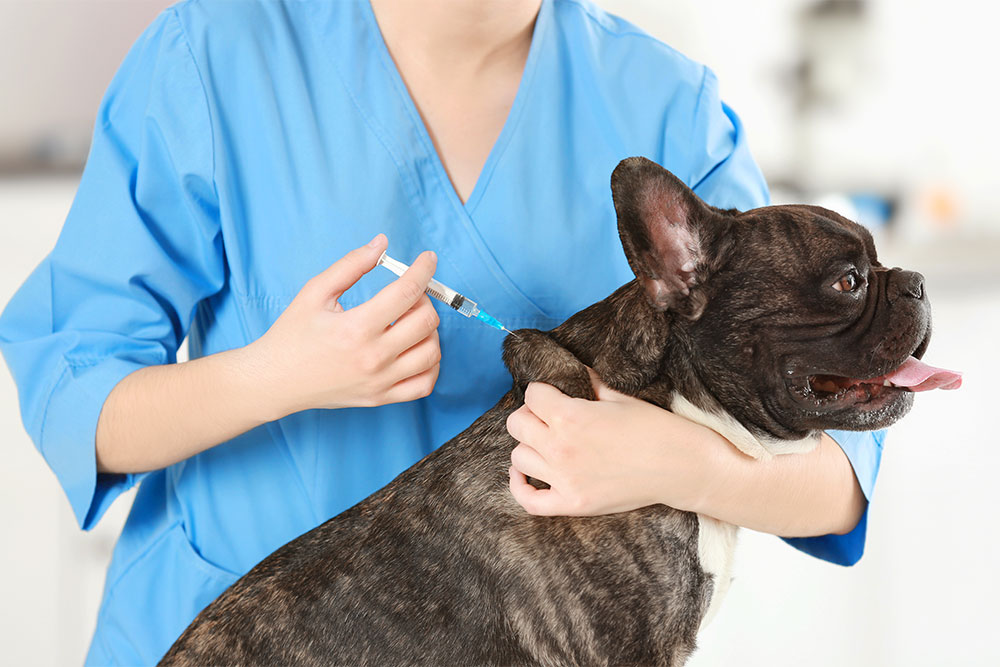
Emergency Situations: How to Recognize and React
Recognizing Signs of Infectious Diseases in Pets
Watch for symptoms such as excessive coughing, difficulty breathing, vomiting, or lethargy. These can indicate serious health issues that require immediate veterinary care. Other signs include loss of appetite, unusual discharge from the eyes or nose, and changes in behavior or energy levels.
First Aid Tips for Pet Owners
Knowing basic first aid can help stabilize your pet on the way to a veterinarian. This includes safely transporting your pet and managing minor wounds or symptoms. For instance, if your pet is bleeding, apply gentle pressure with a clean cloth until you can reach the clinic.
Familiarize yourself with local emergency veterinary services and have their contact information readily available. Read about preventing pet emergencies.
Westerville Veterinary Clinic: Your Partner in Pet Health
Why Choose Our Team for Your Pet’s Care?
Our clinic offers comprehensive services from experienced staff dedicated to compassionate care. We utilize the latest veterinary technology and treatment approaches to ensure your pet receives the best possible care.
Our team is skilled in preventive medicine, diagnostics, and treatment strategies, fostering a holistic approach to health. We emphasize education and communication with pet owners, ensuring you are well-informed about your pet’s health and wellness needs.
How to Schedule an Appointment and What to Expect
When you’re ready to schedule your appointment, our process is straightforward. Visit our Request Appointment page and follow the simple steps to get started. On your visit, bring any medical records and be prepared to discuss your pet’s health history and any current concerns.
During your visit, expect a thorough examination and a personalized discussion about your pet’s health plan. Our veterinarians will guide you through preventive measures, dietary recommendations, and any necessary follow-up care.
At Westerville Veterinary Clinic, we understand the profound bond between pets and their owners. We strive to provide the highest level of care to ensure your pets lead healthy, happy lives. Contact us today to learn more about our services and how we can help your pet stay healthy.


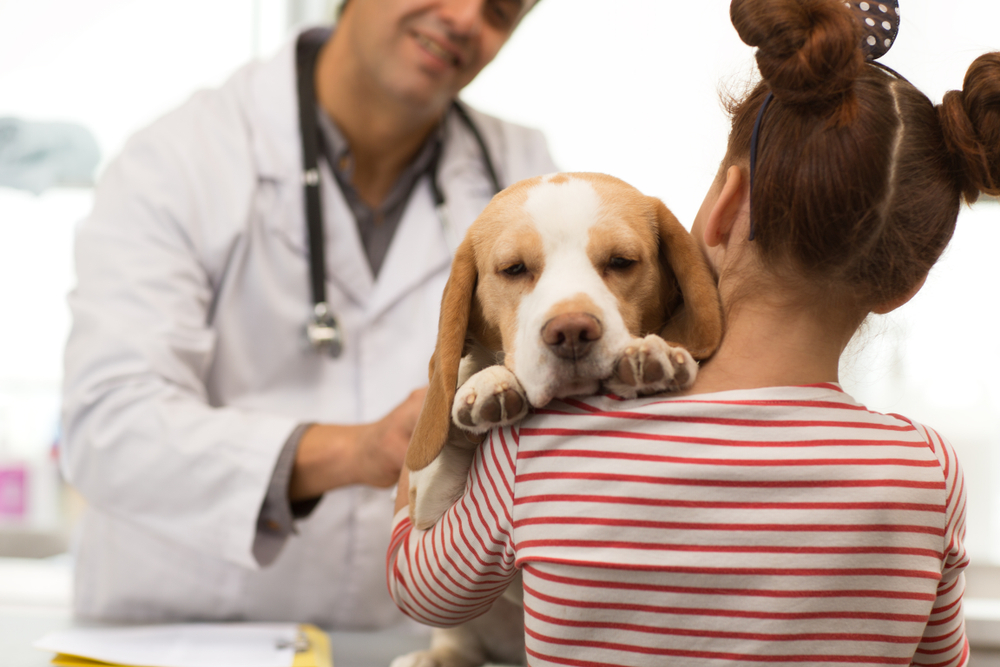
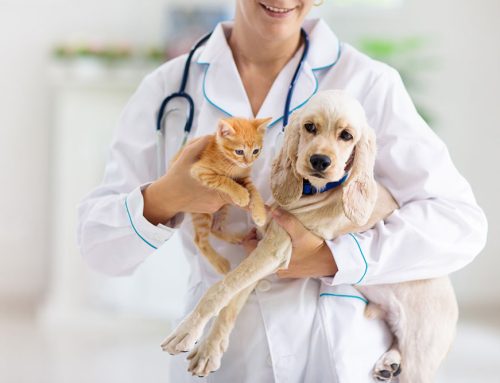
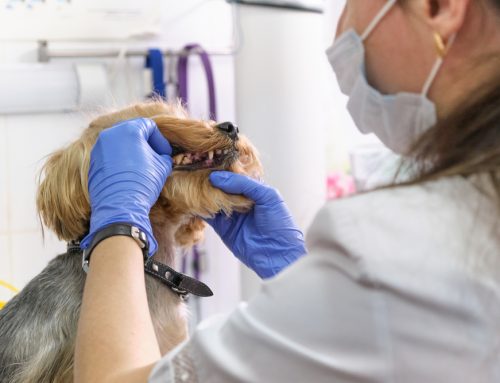

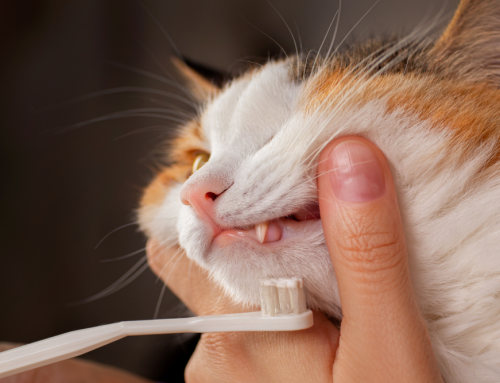
Leave A Comment